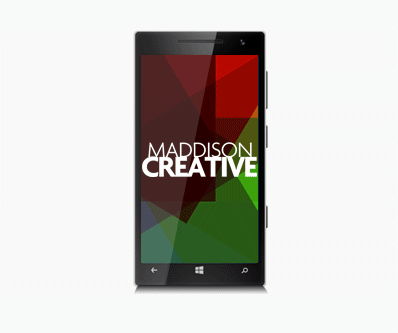Around 80% of the people in the UK regularly use the website to
Websites and the World Wide Web - what are they?
The Web, or World Wide Web (www) is a series of linked (by hyperlinks) documents that can be accessed via the internet.
The web and internet are often confused but are actually two different things - the web is the network of documents that is hosted on the internet, which is a giant network of computers that can communicate with each other. The web as we know it came about in the late eighties, an invention of British physicist Tim Berners-Lee, then an employee of Cern in Switzerland. The first browser was made available to the public a couple of years later, allowing anyone in the world to access 'The Web'.
To access the internet, a user requires a computer, an internet connection and a program known as a browser, which allows your computer to interpret web resources. Viewing a webpage requires the user to type in a 'Domain name' or URL into a browser to go directly to any given site, or navigate to a Search engine. Search engines constantly crawl the web for any document they are able to access and record content from each of those pages, ranking them by how relevant and suitable they are to the user searching, based on what they're searching for. Originally, websites were only able to display information with limited functionality, but as the technology has grown, so has the capability of the web and websites to interact with users and to query any number of data sources, resulting in the web being the necessity in each of our lives it is today.
Could you imagine going a day without checking your social media accounts, making a purchase from one of the millions and millions of online shopping sites, or managing your daily admin via an email account or online banking? I certainly couldn't!
What are the benefits of advertising my business dynamically online via a website?
One of the great features of promoting your business via the web is that you can add to your site almost instantaneously. You could think of an idea for a promotion one lunchtime and but close of business it can be live, with little or no lead time and no costly printing to contend with.
Unlike printed media and traditional advertising methods, if you publish your website and you decide that your offer is no longer available, your prices need to change or you want to change your messaging, you can do it quickly, easily, and more importantly very cost effectively 'on-the-fly', allowing you to be as reactive and as responsive to market forces as you wish.
Similarly, if you have something time-sensitive you wish to communicate to your customer base, you can add it to your site where it can be made live immediately, and once it's no longer needed it can be taken down just as quickly.
You no longer need to scrap boxes and boxes of flyers, or have expensive TV or radio commercials remade. You simply contact your web manager/designer, let them know what the update is, and they will update hassle free. Should you have opted for a CMS (Content management system) website where you have the ability to update the content yourself, then it's even easier! You simply log in to the admin area, navigate to the page in question, edit your text, hit save and you're done!
Flat websites vs CMS - what's the difference?
There are two main categories of website: the flat/HTML brochure style website and the CMS (Content Management System) website. The main difference is that the website owner cannot update the flat/HTML website without web design/development knowledge. They are intended to be built and managed by the web designer/developer, and whenever the site owner requires an update to the site, they would go back to their designer/developer who will be able to make the update for them. This works well for sites that don't require many updates, as they are more cost effective for the site owner, taking less time to set up and build than their CMS counterpart. Flat/HTML websites also traditionally have limited functionality.
A CMS website is built on the back of a content management system (Wordpress for example) and is generally connected to a data source; A database for example (other data-sources are available!). They are also built using more complex programming language; php or ASP.NET for example (along with HTML in many cases) to allow for a greater scope for functionality, enabling the user to interact with the site in much more depth. The main benefit of a CMS website however is that they can be updated and managed by the website owner without any prior knowledge or experience in website technologies. Because they are more complex however, they will cost more than a flat/HTML site, but this is balanced out by virtue of the fact that the site owner does not have to pay a web designer/developer to make updates.
More answers to web design questions...
Where to next?
Web Design | Online Advertising | Interactive Design | Email Design | Graphic Design | Video & Animation | Brand & Creative | Training | Design Consultancy

